We all hope our cats can stay with us for a long time. With proper care, some cats can live into their teens or even over twenty years. However, as they age, their bodies and behaviors change, and it's important for owners to adjust their care accordingly. This way, we can ensure our beloved cats living longer and stay with us longer!
Signs of Aging in Cats
Compared to humans, cats have relatively shorter lifespans. When is a cat considered a senior? Generally, cats begin to experience a series of physical and behavioral changes due to aging around 7-10 years of age. Most cats are prone to developing age-related health issues by around 12 years old. There are many signs of aging in cats.
1. Tooth Loss
As cats age, their bodily functions gradually decline, and they lose a significant amount of calcium. This can lead to osteoporosis, causing their teeth to become loose and fall out.
2. Slower Reactions and Movements
Older cats experience a decline in memory and hearing, making their reactions slower and sometimes leaving them confused. They may take a long time to respond when called by cat owners. Joint issues may also arise, making simple actions like walking, sitting, and standing more sluggish. Climbing and jumping become particularly strenuous.
3. Increased Sleep Time
Cats spend about two-thirds of their day sleeping. As they age, their sleep time increases, and they may spend entire days lying around lazily, barely moving.
4. Cloudy Eyes
As cats get older, their eyes become increasingly cloudy, and their vision declines. Many old cats develop glaucoma and cataracts, which, in severe cases, can lead to blindness.
5. Graying Fur
Older cats have difficulty efficiently absorbing nutrients, which causes their fur to become dull and even grow lighter in color. They experience more hair loss, and their self-grooming time and frequency decrease.
These are the obvious signs of aging in cats. As a pet owner, it's important to carefully observe these changes in your senior cat and provide more attentive care. Try to create a quiet, comfortable, and well-lit living environment for your cat.
Key Points and Considerations for Caring for Senior Cats
1. Provide More Litter Boxes
As cats age, they tend to use the litter box more frequently and are less inclined to run around. Their movements also slow down. To prevent accidents, it's recommended to place several litter boxes around the house. This ensures that your cat can easily access a litter box when needed without having to move too far.
Additionally, if the litter box has high sides, it may be difficult for an older cat with limited mobility to get in and out. Consider using litter boxes with lower sides. If your cat prefers a litter box with higher sides, you can place a step or ramp in front of the box to make it easier for your cat to use.
2. Pay Attention to Diet
When feeding senior cats, do not arbitrarily increase or decrease the amount of food. Instead, adjust their diet and portions based on their daily caloric needs. As cats age, their activity level decreases and their ability to absorb nutrients weakens. It's beneficial to supplement their diet with vitamins that senior cats commonly lack, such as B vitamins, antioxidants like vitamins C and E, and taurine. However, be careful to avoid overfeeding, which can lead to obesity. Proper weight management can help reduce joint pressure in older cats.
3. Pay Attention to Daily Care
As cats age, their daily care needs become more detailed. This includes deworming, vaccinations, and grooming. Grooming your cat every day and check hidden areas like their ears and skin for any abnormalities. If you notice any issues, you can address them promptly.

Senior cats are also prone to dental disease. Their teeth can develop cavities, break, or suffer from gum inflammation and oral tumors, causing significant discomfort. Regular dental cleanings can greatly improve their quality of life and may even extend their lifespan.
4. Ensure Proper Exercise
Older cats are generally less inclined to move around, but it's important not to let them be sedentary all day. Senior cats have lower stamina, so when playing with them, avoid games that require intense physical activity. Instead, choose interactive toys for gentle play. Engage with your cat in moderation to keep them happy and healthy, which can help delay aging process.

5. Provide a Comfortable Resting Environment
Cats need a stimulating environment to stay happy. All cats love to climb, hide, scratch, hunt, and play. These activities keep your cat mentally and physically healthy. However, as your cat ages, it may become less agile. Provide accessible facilities to help their aging joints stay active to avoid joint pain. If your cat enjoys getting on the bed, windowsill, or sofa, place small steps nearby and cover them with non-slip, cushioned mats or blankets to reduce the risk of joint injuries.

6. Regular Veterinary Visits
Lastly, and most importantly, as cats age, their immune systems weaken, making them more susceptible to bacterial and viral infections. To properly care for a senior cat, maintain regular contact with your veterinarian. Once your cat enters its senior years, increase the frequency of check-ups from once a year to twice a year. This allows for better monitoring of your cat's health and any changes.

Conclusion
Regular check-ups can help prevent some diseases and allow you to get feeding advice from the veterinarian, which can contribute to extending your senior cat's lifespan.


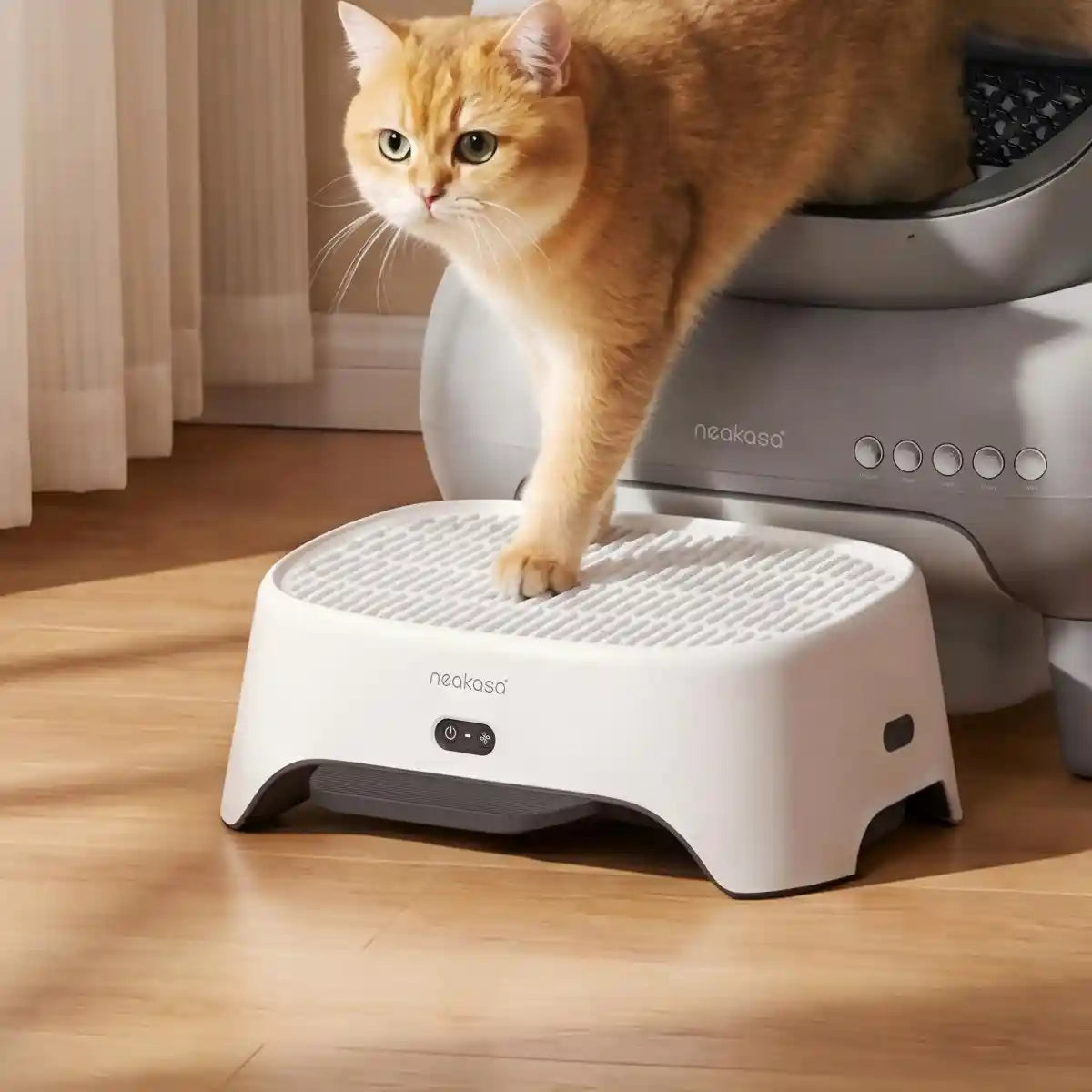
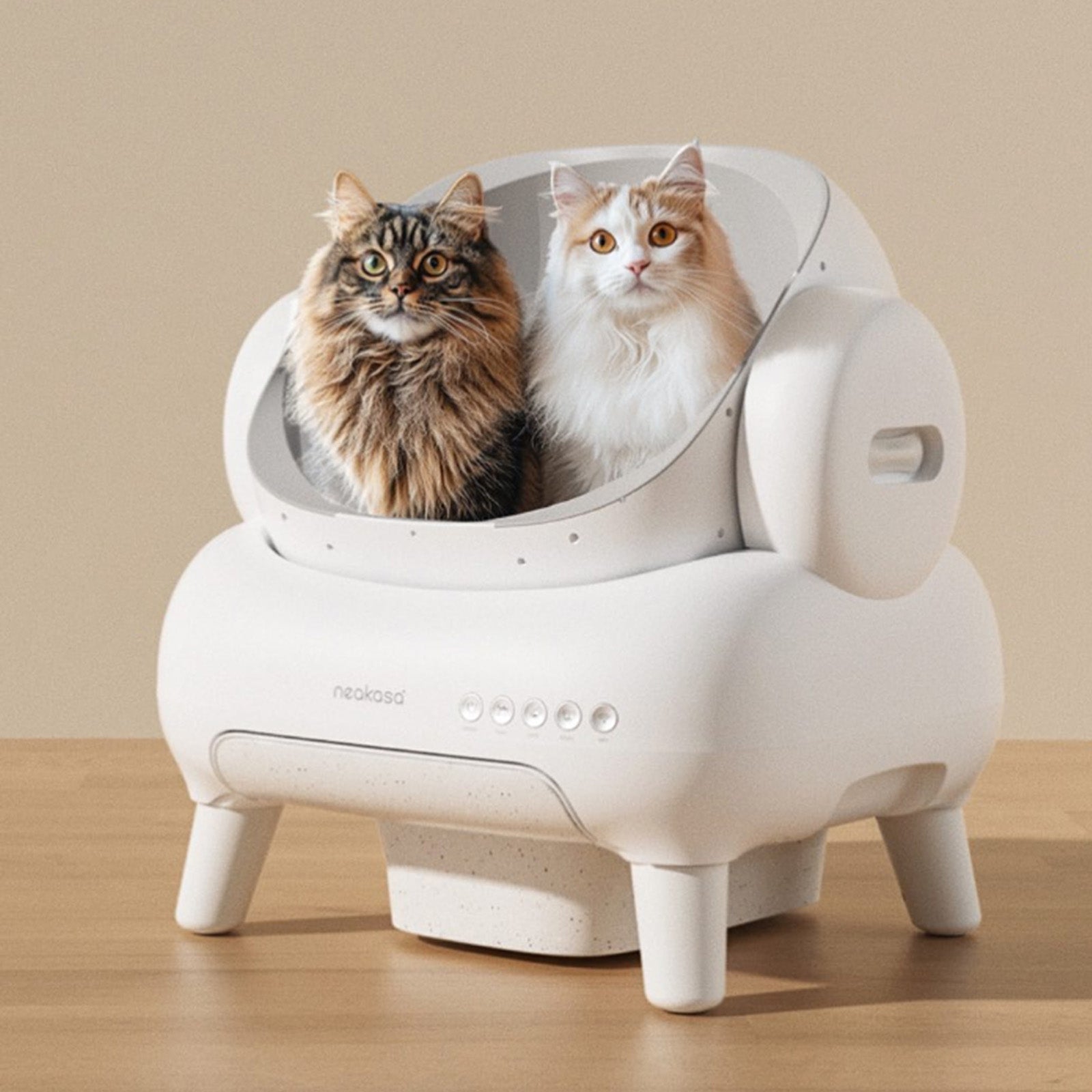
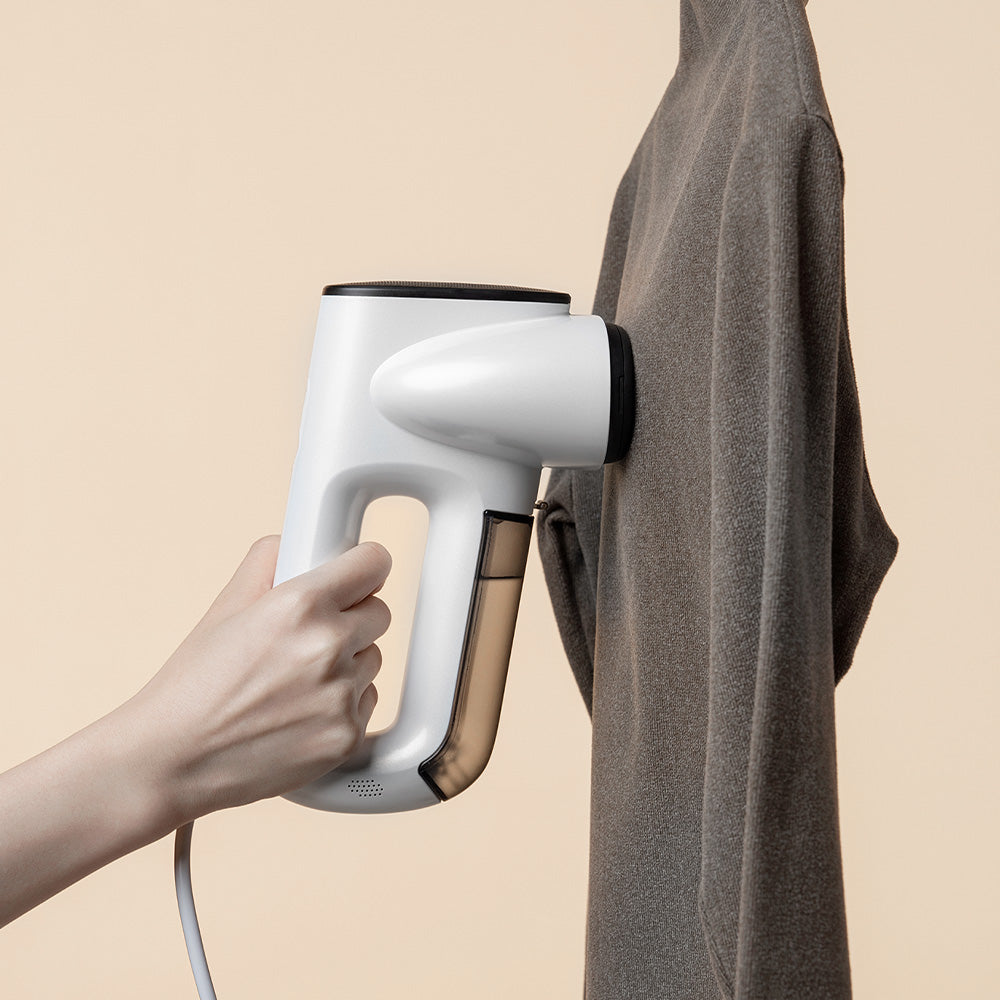
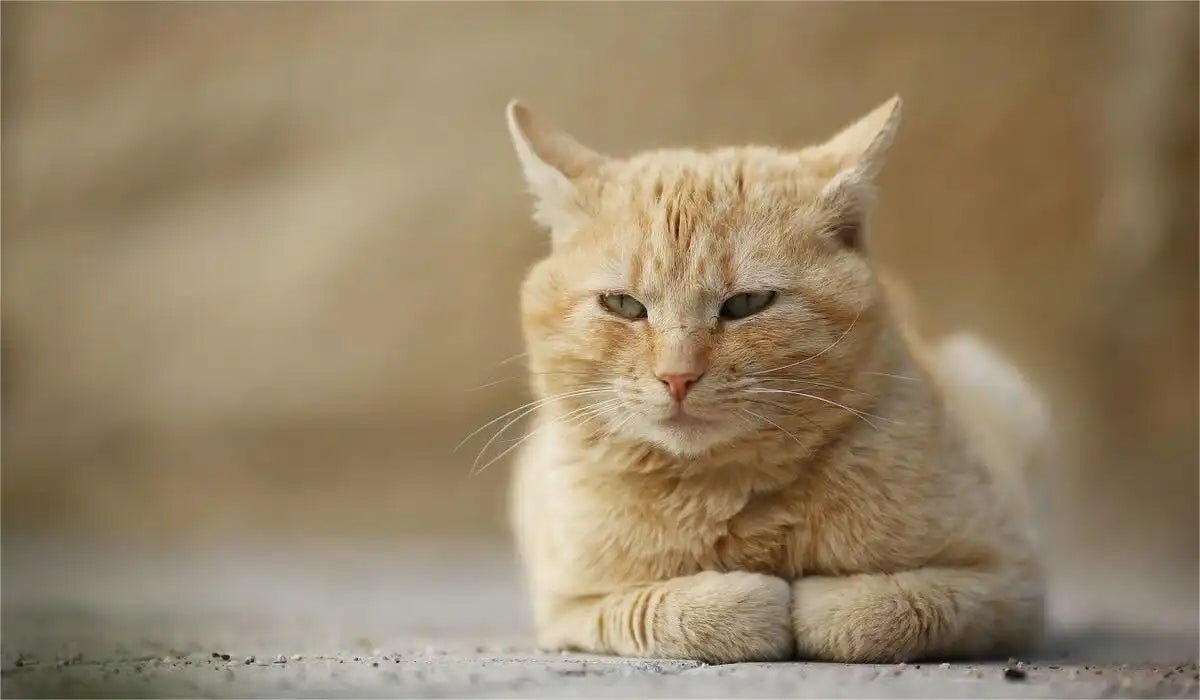

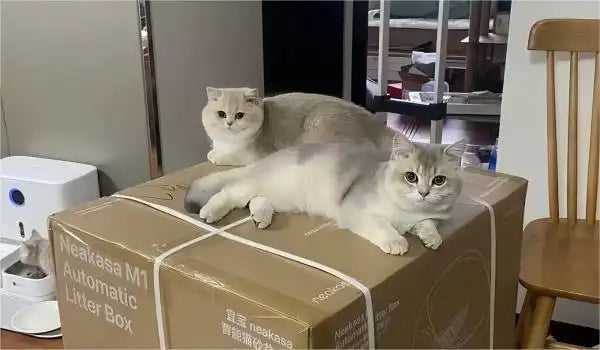
Leave a comment
This site is protected by hCaptcha and the hCaptcha Privacy Policy and Terms of Service apply.